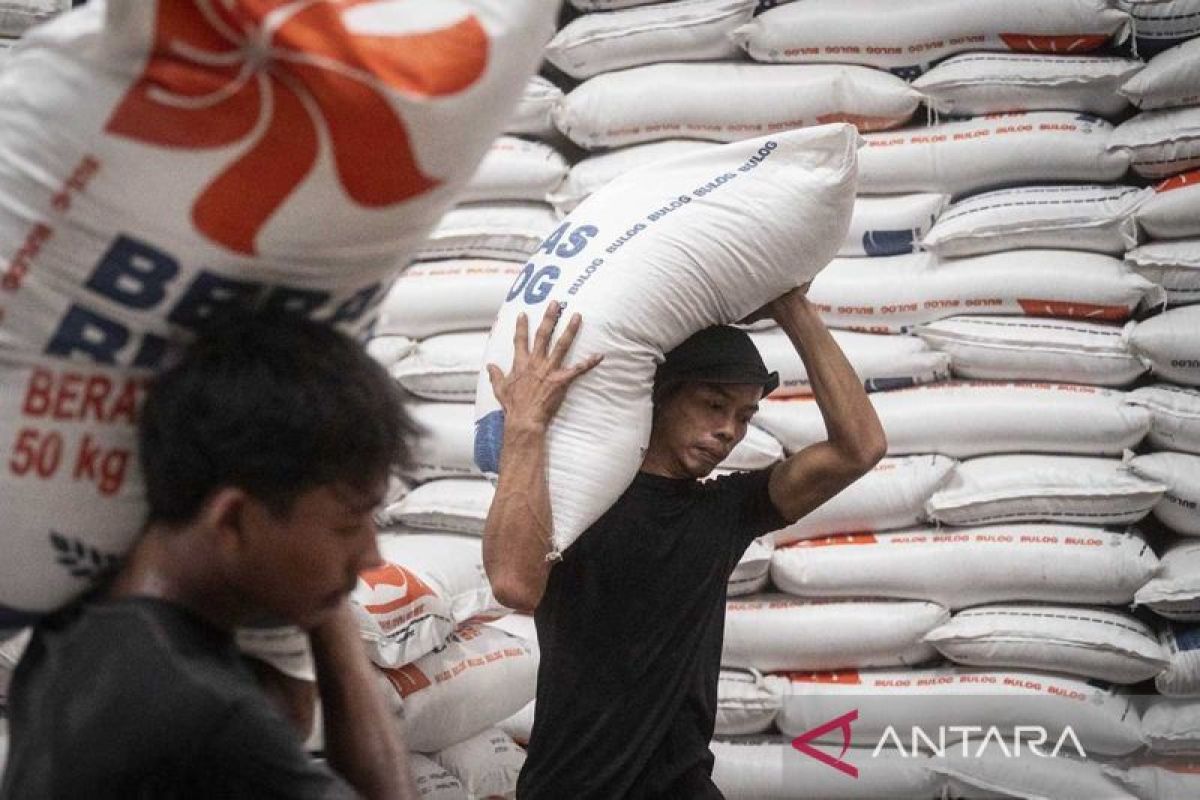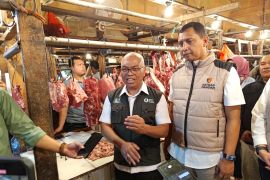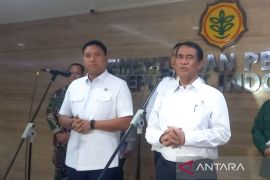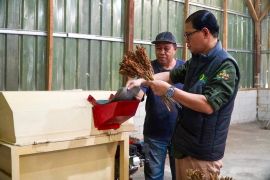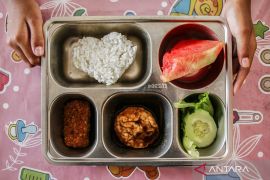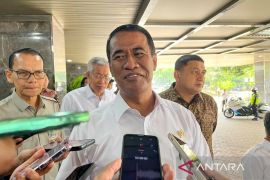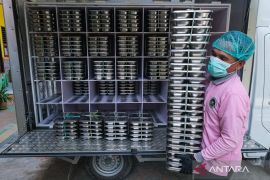"We need more rice, and with farmers unable to plant due to El Nino, the government is balancing the rice shortage with imports," he told ANTARA.
Sufficient rice supplies are crucial to maintaining stock-demand balance despite shortages caused by the El Nino phenomenon, as Indonesia faces a 2.4-million-ton deficit in January and February, he added.
He emphasized that imports are a last resort to ensure rice availability.
"It's unfortunate, but imports are necessary now to meet current needs," he stated.
He ensured that the imports were carefully measured to avoid disrupting farmer-level price stability.
"One indication of this can be seen from the current NTPP of 116.16 percent, the highest ever, encouraging farmers to plant actively," Adi said.
He also mentioned that the current increase in rice prices was not affected by the upcoming general elections or the Lunar New Year holidays.
“We continue to fulfill the domestic market with rice," Adi said.
Ahead of the expected big harvest in March, Bapanas, the Ministry of Agriculture, and relevant stakeholders will optimize rice absorption to prevent farmer-level price drops.
At the same time, replenishing the Government Food Reserves (CPP) from domestic production will be prioritized.
"We are preparing the CPP in advance for interventions, including the distribution of food aid, market operations, and emergencies," Adi said.
Related news: Retailers blame producers as basic food prices increase
Related news: Food aid temporarily suspended to respect election stages: Bapanas
Translator: Muhammad Heriyanto, Cindy Frishanti Octavia
Editor: Anton Santoso
Copyright © ANTARA 2024
